Final Fantasy 7 Remake vs Final Fantasy 7 (1997)
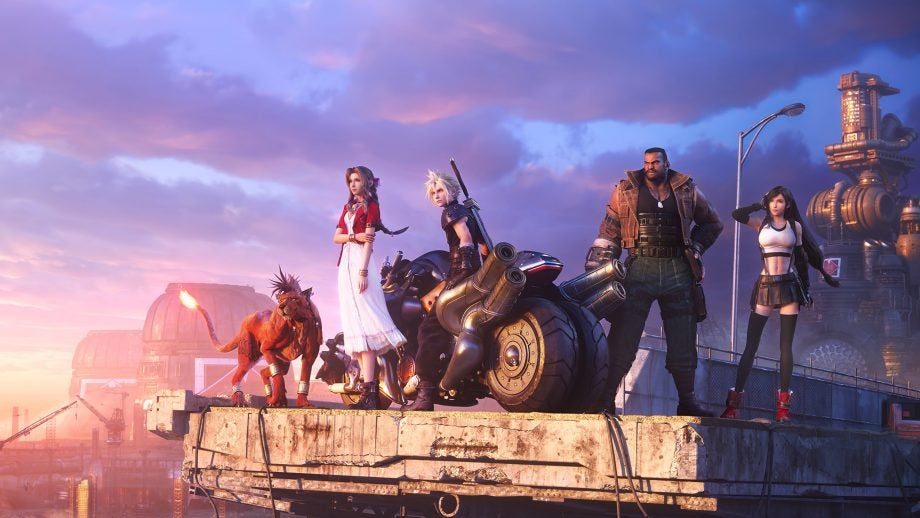
Final Fantasy 7 Remake is finally here, and it’s the opening chapter in a brave new episodic venture from Square Enix.
After 23 long years, the Japanese developer has finally decided to recreate the JRPG classic, fully aware of the risks that accompany such a project. It’s like threatening to doodle on The Mona Lisa, playing with an experience so sacred that fans will scrutinise even the smallest of changes.
But exactly how much has changed, and is this remake worth experiencing for both newcomers and those who continue to hold the original in such high regard? Trusted Reviews has rounded up all the major differences between the two, so we can help curious players make up their mind on one of this year’s biggest and best games.
Related: Upcoming PS4 Games
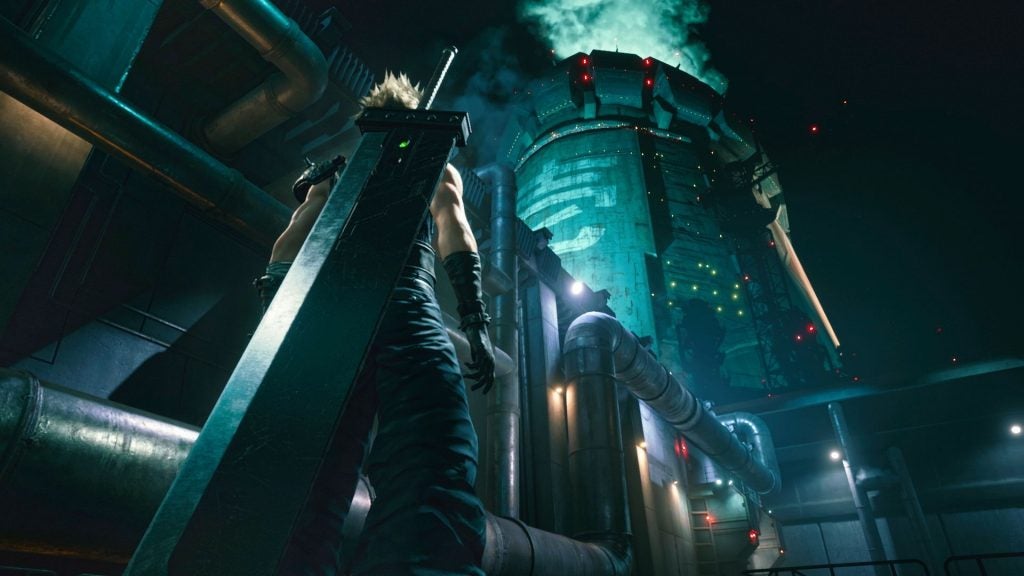
Final Fantasy 7 Remake vs Final Fantasy 7 – Story and characters
The remake’s first episode is incredibly faithful to the original experience, yet isn’t afraid to take liberties with certain characters and their motivations. While back in 1997 the storytelling was constrained by technical limitations and a troublesome localisation effort, this new reimagining is hindered by no such obstacles.
Square Enix has honed in on specific moments and fleshed them out significantly, adding further nuance to important character traits and locations, so they feel more satisfying than ever before. The majority of the time it feels like an improvement, even if some subtlety is lost with this modern translation.
The main cast remains mostly the same, although you’re only meeting those who are introduced before the party leaves Midgar since that is when this first chapter concludes. So your party will end up featuring Cloud, Tifa, Aerith and Red XIII (as a guest character) by the time credits roll. Yuffie, Cid, Cait Sith and Vincent from the original won’t appear until the next instalment. That is if everything goes to plan and nothing changes in the timeline.
Related: Best PS4 Games
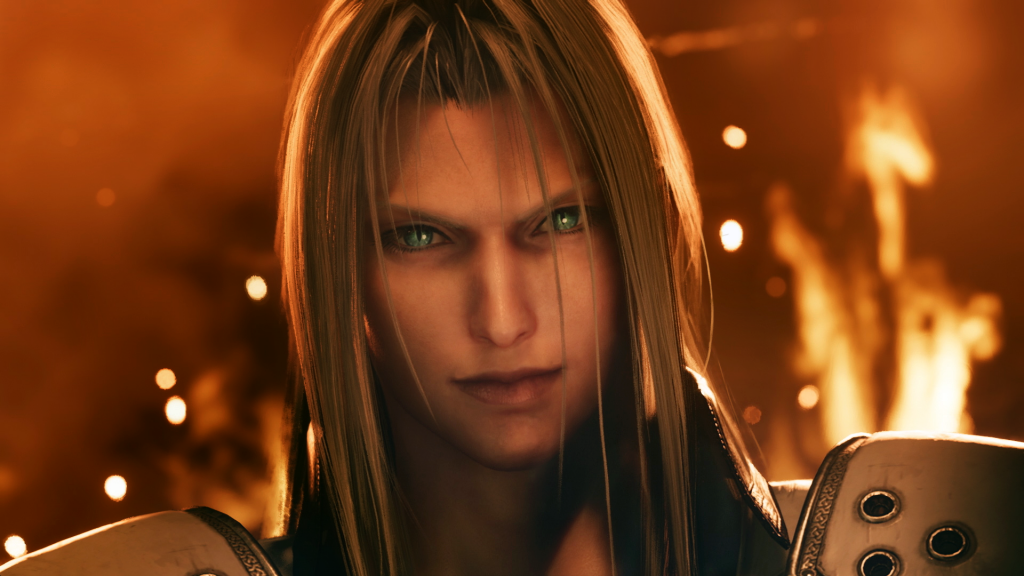
Final Fantasy 7 Remake takes place entirely in Midgar, meaning you won’t experience any of the world map and its respective locations in this first episode. Temple of the Ancients, Cosmo Canyon and Golden Saucer are yet to be unveiled and are likely years away. However, Square Enix has transformed a small section of the original into a 30+ hour adventure in some truly creative ways.
Details that were once relegated to the background are hugely expanded upon, bringing The Slums and Shinra HQ to life like never before. It makes up for the unfinished story, especially when the one being told here is expanded upon so dramatically. I like to treat Remake as a different interpretation of the original instead of a strict retelling, a point which rings particularly true once the credits roll.
Final Fantasy 7 Remake vs Final Fantasy 7 – Platforms
You can find the original Final Fantasy 7 on a huge list of platforms, all of which we’ve listed below:
- PS1
- PS3
- PS4
- PS Vita
- PC
- Nintendo Switch
- Xbox One
At the time of writing, Final Fantasy 7 Remake is exclusive to PS4 and will remain so for the foreseeable future. Rumours abound that it will eventually come to PC in 2021.
Related: Everything we know about Dualsense
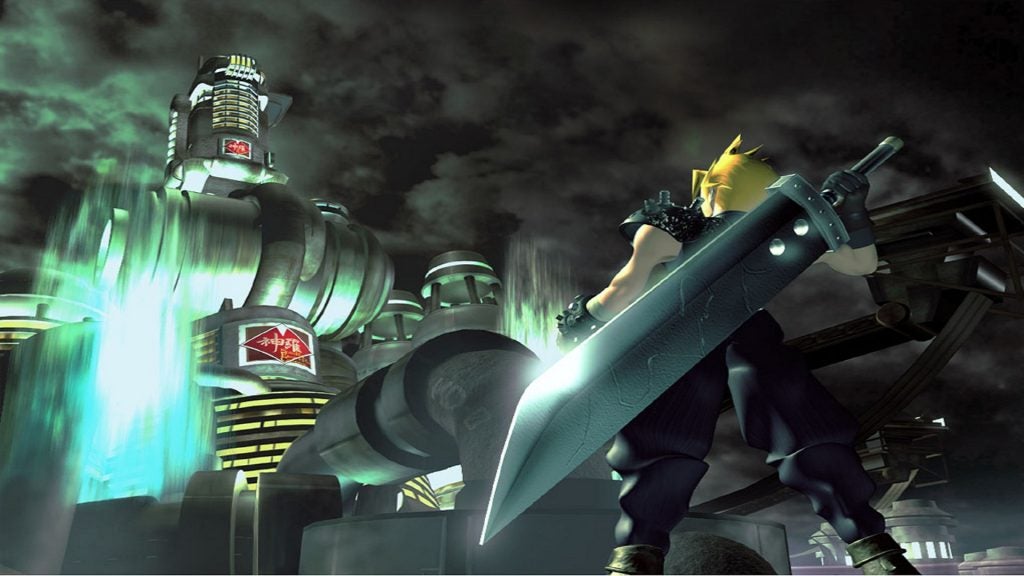
Final Fantasy 7 Remake vs Final Fantasy 7 – Gameplay
The original Final Fantasy 7 is a turn-based JRPG in the most basic of ways, albeit bolstered by a wonderfully customisable Materia system for spells and abilities. It was the series’ first foray into three dimensions and maintains many of the motifs of past generations as a result. A party of three characters take turns dishing out commands until you emerge victorious, earning a bunch of experience points and items for your trouble.
Exploration is limited to linear towns and locations alongside the world map. This vast, uncompromising space is filled with wonderful secrets and revelations but is obviously held back by technology of the time. From a modern perspective, it’s little more than a mixture of muddy textures which sort of resemble a landmass. For the time, it was groundbreaking, but visuals have come a long way since.
There’s also a selection of minigames to partake in throughout your adventure. Often surfacing under narrative circumstances, you’ll come across Chocobo Racing, Snowboarding, Tower Defense and a handful of arcade machines at Golden Saucer. Like many franchise entries from this era, there’s an overwhelming amount of side content to tuck into outside the main storyline.
Related: PS5 vs Xbox Series X
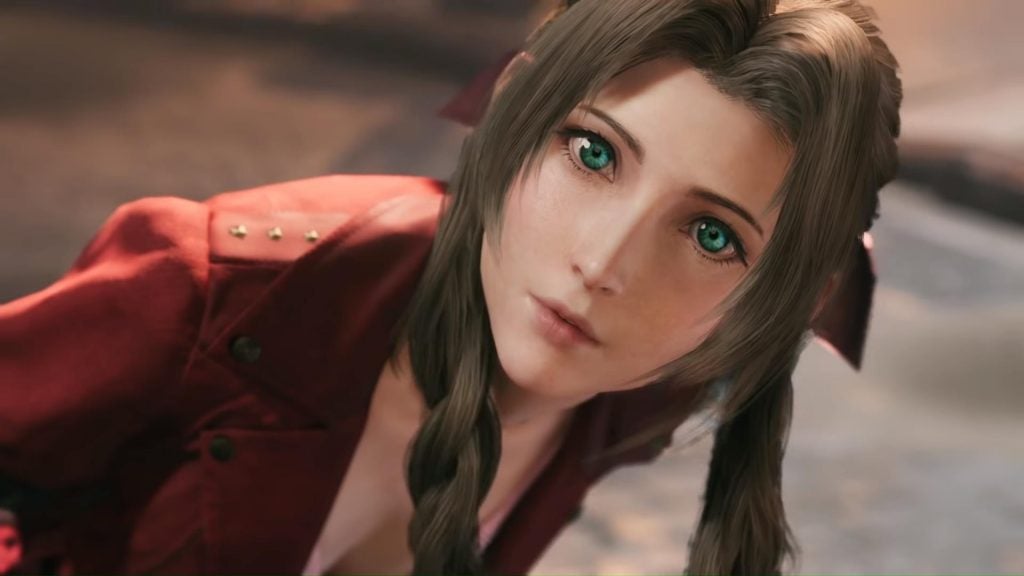
Final Fantasy 7 Remake is both vastly different and surprisingly similar when compared to its progenitor. It maintains the fast, energetic flow which translates the turn-based systems into real-time combat mechanics that require ample strategy, skill and reflexes to master. You can slow down time at any moment and execute abilities such as spells, items and limit breakers. These will cost an ATB bar though, much like in the original.
You’ll also find a vastly expanded vision of Midgar in the Remake. Areas such as Wall Market and The Section 7 Slums are much larger, brought to life with stunning new visuals. You’ll also find plenty of new side quests and optional activities, many of which weren’t found in the original. Many of these can be missed if you streamline the narrative, so try and take your time to explore properly.
Final Fantasy 7 Remake vs Final Fantasy 7 – How long are they?
It only features a small portion of the original, but Final Fantasy 7 Remake will take you 30 or more hours on an average playthrough. If you’re a completionist, we can see that moving closer to 50 or maybe even more. While arguably short by JRPG standards, this is still an incredibly beefy adventure.
As for the 1997 release, it comes in at 40 hours or so. Once again, this amount can increase massively if you decide to spend time pursuing side quests and activities outside of the main narrative. They’re both massive, so don’t worry about feeling short-changed with either of them.
Buy Final Fantasy 7 Remake here:


